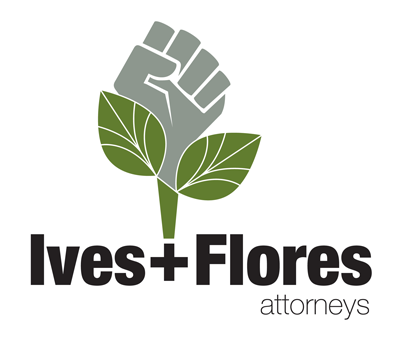The Bill of Rights contains some of the most important protections for people in the United States. Each of the first 10 Amendments to the Constitution helps to enshrine different protections for individuals. They specifically address the rights that people have when dealing with government authorities. The First Amendment guarantees freedom of the press, freedom of religion, the right to assemble and freedom of speech.
The Fourth Amendment protects people from governmental abuses by protecting them from unreasonable searches and seizures of their property. Police officers cannot simply search people without just cause, and they cannot take private property without adequate justification.
The Fourth Amendment restricts what police departments and other law enforcement agencies can do when investigating a crime or responding to reports of illegal activity. Sometimes, police officers will violate someone’s Fourth Amendment rights in their pursuit of an arrest. What happens after a Fourth Amendment violation?
Misconduct can affect legal proceedings
Ideally, someone facing misconduct by law enforcement professionals knows and immediately uses their rights. They might tell officers that they cannot search a home or an apartment because of the Fourth Amendment. Other times, they may recognize that police conduct is illegal but may not know how to assert themselves.
They may then communicate with a lawyer about how the police behaved and why they believe that was a violation of their rights. If an attorney agrees that the situation likely constitutes a violation of the Fourth Amendment, that could affect any trial that may occur.
Occasionally, violations of someone’s civil rights, including the Fourth Amendment, could also lead to civil litigation depending on the circumstances. For these and other consequential reasons, knowing and asserting one’s constitutional rights can make a major difference for an individual accused of violating New Mexico state statutes or federal law.
